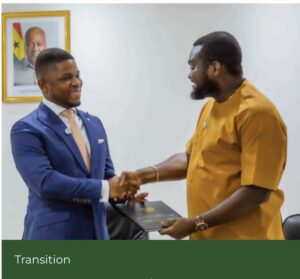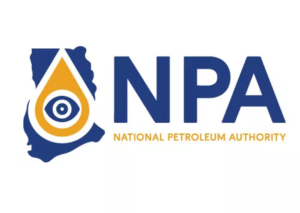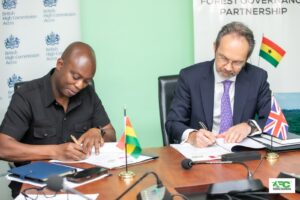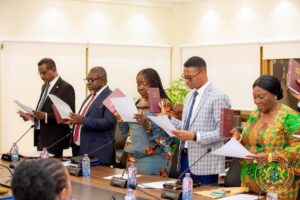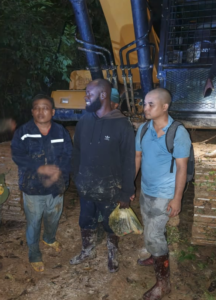
Government of Ghana through the National Communications Authority (NCA) on Thursday at the peak of celebration of the World’s Radio Day said it had pulled the authorization of Tongu Community Multimedia Network (Radio Tongu) and cut off the station’s broadcasts.
The Authorizing body said accreditation for Tongu Radio in Sogakope, Akatsi South in the Volta Region had been withdrawn.
The NCA accused operators of the frequency of violating “the code of good conduct for broadcasting matters bordering on national security and public interest”.
Accusing the station of stirring controversy, NCA alleged that some petitioners, on 9th January, 2020, wrote to the NCA alleging that Mr. Bestway Zottor was using the radio station for defamation, religious teaching to create confusion among churches and for political campaigns promoting the separatists’ agenda of the Western Togoland movement, whence “Tongu Radio’s broadcasts have been cut off and the Volta Regional Office of NCA has been directed to ensure full compliance.”
Justifying the shutdown of the radio station, the NCA the Electronic Communications Act, 2008 (Act 775) provides that “the Authority may suspend or revoke a license or a frequency authorization where the suspension or revocation is necessary because of national security or is in the public interest”.
According to the NCA, the National Security in the Volta Region had earlier picked the Director of Tongu Radio, Bestway Zottor, over some comments he allegedly made about his involvement in the activities of the secessionist group, Homeland Study Group Foundation.
A statement signed by the Director-General of NCA, Joe Anokye and released on the eve of the World’s Radio Day stated that the directive follows the conclusion of investigations into petitions it received on the activities of the station’s management.
Station’s Director comments
Bestway Zottor was said to have allegedly criticized the Volta Regional Minister, Dr. Archibald Yao Letsa, accusing him of “funding the activities of the separatist movement while in opposition but turning around to threaten them when his party came to power”.
Mr Zottor, while speaking on the radio, also rebuked journalists who reported the call of the Regional Minister accusing them of compromising the standards of journalism and being accomplices in what he says is government’s efforts to curtail press freedom.
He went on further to talk about what he claimed is the true history of the area the Homeland Study Group Foundation called Western Togoland which he said has minerals which could not be exploited because the UN had effected a regulation that bars Ghana from exploiting any natural resources in the Volta Region especially.
Mr. Zottor acknowledged that the police in the South Tongu District had held a meeting with him in May 2019 and advised him not to make commentaries that are inciteful; a piece of advice he heeded until the Regional Minister’s recent caution to the media and to his station by extension.
Arrest
He dared the security agencies to “record his program and juxtapose same with the true history of the area to see if he peddled any falsehood”.
He also asked the security agencies to arrest him.
He thus cautioned against the torturing of persons proclaiming the independence of the said Western Togoland state.
He said, “no such person is a threat to Ghana and should not be subjected to any form of torture”.
Bestway Zottor’s arrest becomes the latest addition to the several people standing trial for acting in a manner that threatens the peaceful existence of Ghana.
While the NCA the regulatory body is clamping down radio stations, Minister for Information, Kojo Oppong Nkrumah is urging stakeholders in the radio industry to be tolerant of divergent views and perspectives in the delivery of radio programming
He spoke at the celebration of the 2020 World Radio Day in Accra, the Minister said, “there is a growing tendency of many of us who want to force our opinions down the ears and the minds of everybody else and if it is not our opinion, then everybody else is wrong.”
“The views of these kinds of people must be reflected in the kind of conversations we want to have so that we don’t end up being the judges of the discussion but the consumer at home benefits from the various perspectives and in the end makes up his or her mind,” he added.
World Radio Day, a day set aside by the United Nations Educational, Scientific and Cultural Organization (UNESCO) is held on 13th February of each year to highlight radio as a way of educating people, providing information and promoting freedom of expression across varied cultures.
According to the UNESCO, the day was set aside to primarily “raise greater awareness among the public and the media of the importance of radio; to encourage decision-makers to establish and provide access to information through radio; as well as to enhance networking and international cooperation among broadcasters”.

